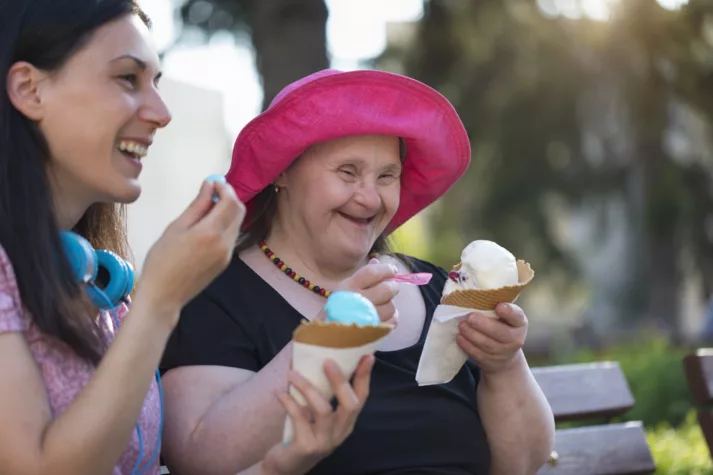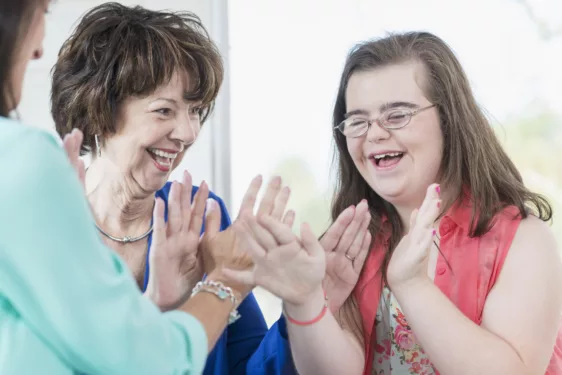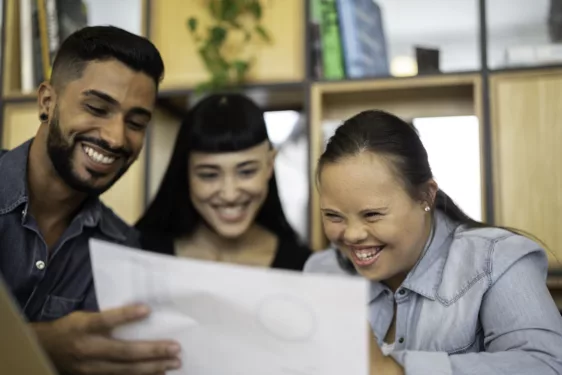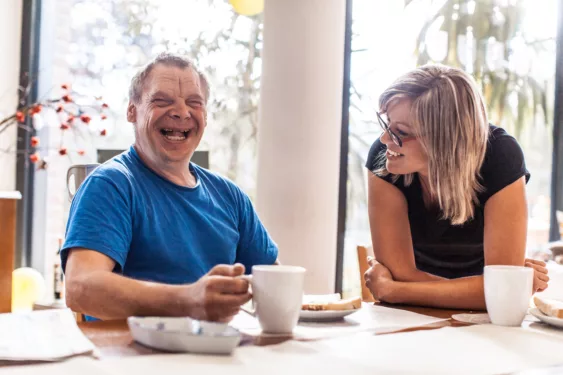
Our Services

Intake and Eligibility Confirmation
If the person is 16 years of age or older and would like to apply for adult developmental services, DSOHNR must first confirm if they are eligible.
- To learn about the eligibility criteria, and required eligibility documentation, please visit www.dsontario.ca.
- Call our Intake and Eligibility team if you would like to apply for services: 1-877-376-4674 x 340
Please note that a person may begin the eligibility and application process as early as age 16, however, referrals and service registrations for eligible persons cannot be made until the person is 18 years of age or older.

Application for Adult Developmental Services and Supports
If the DSOHNR has confirmed the person eligible for adult developmental services and supports, they will, with consent:
- Refer the person to the Passport Funding program. The person is eligible to receive a base amount of Passport funding (currently $5,500) annually to support their community participation and / or respite.
- Schedule the application appointments with a certified Assessor. The application appointments usually happen over 2 meetings, and involve the person and 2-3 people who know them the best.
- For information about what is involved in the application appointments, please visit www.dsontario.ca

Service Recommendations, Referrals and Registrations
After the Assessor has completed the application, they will share service recommendations about available services and supports, including MCCSS-funded services and supports.
With consent, the Assessor will:
- Make any required referrals
- Make any required service registrations
- Share contact information about non-MCCSS funded services and supports that can be helpful
Please note that referrals and service registrations can be made for people 18 years of age or older. Individuals who are 16 and 17 will have to wait until their 18th birthday for referrals and service registrations can be made on their behalf.

While the Person is Waiting
There can be a waiting period for many services. While people are waiting, their circumstances or needs may change, or the circumstances of their primary caregiver may change. For example: the person loses their housing support, or the primary caregiver becomes ill or unable to continue providing care. In this case, the person or their caregivers are asked to call the DSOHNR to provide the updated information. In turn, DSOHNR will:
- Update the person’s information
- With consent, make any adjustments to referrals or service registrations as required, including making any new referrals or service registrations
- Sharing contact information about non-MCCSS funded services and supports that can be helpful
- Exploring any urgent services that may be available
It is also important to keep the DSOHNR updated when the person moves or has a new phone number / contact information, so that the DSOHNR can contact them when services become available.
To contact the DSOHNR with any of these updates:
- 1-877-376-4674 x212
- servicenavigation@dsohnr.ca